This hands-on, developer-focused workshop equips you with practical GenAI skills to enhance productivity and code quality across the software development lifecycle.

300+ Programs designed and delivered by seasoned consultants & trainers

Hands-on modules with use cases, gamification & simulation exercises

10000+ People trained and coached by hands-on consultants
The Generative AI for Software Developers Workshop empowers developers to leverage Generative AI for efficient code generation, automated refactoring, and faster, smarter debugging workflows.
The Generative AI Workshop Program helps developers to stay competitive, improve productivity, and adopt AI responsibly in software delivery.
Supercharge your development skills by learning to apply LLMs for code generation, optimization, debugging, and unit testing in real-world scenarios.
The prerequisites for enrolling in the Generative AI for Software Developers Workshop are a basic understanding of software development concepts, as it builds on foundational coding knowledge to explore Generative AI applications like code generation, refactoring, and debugging.
This hands-on training dives into practical applications of Large Language Models (LLMs) for software development. Learn how to generate code, optimize and refactor existing logic, and streamline debugging processes using GenAI tools. The session also covers automated unit test generation and best practices to evaluate the accuracy and reliability of AI-generated code. Ideal for developers aiming to boost productivity and code quality with the power of Generative AI.
The Generative AI for Software Developers Workshop is ideal for software developers with intermediate experience looking to expand their skills in Generative AI and modern coding techniques.

32 Hours (customizable for corporate needs)

Live Online / In-Person / Hybrid (as per corporate preference)

Hands-on, Project based learning
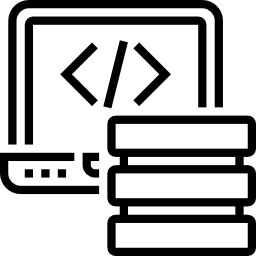
We speak your developers’ language—focusing on practical coding tasks like generation,
Read more
refactoring, debugging, and testing using leading LLM tools and workflows.
Less

From writing functions to real-world labs, guided coding exercises, translating code, and generating
Read more
unit tests, developers will apply GenAI directly to their day-to-day engineering challenges.
Less

Our trainers go deeper than prompt writing—teaching how to use GenAI for performance
Read more
tuning, reducing code complexity, and improving maintainability.
Less

Your teams will learn how to use LLMs to detect bugs, suggest fixes, and automate both
Read more
unit and integration test creation for faster, better QA.
Less
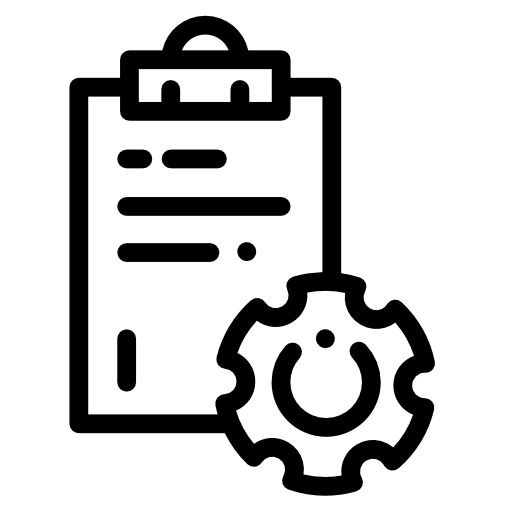
Our workshop includes evaluating AI-generated code using static and dynamic analysis
Read more
tools to ensure reliability, readability, and security.
Less

We adapt the curriculum to your tech stack, workflows, and business goals—whether you use
Read more
Python, JavaScript, or a mix of enterprise frameworks.
Less
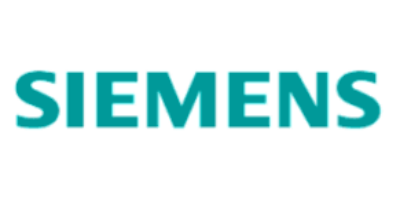
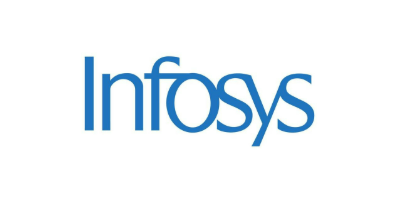
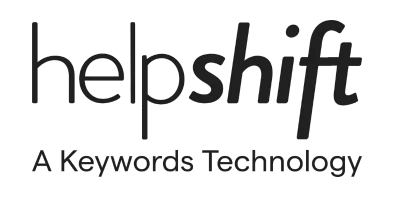
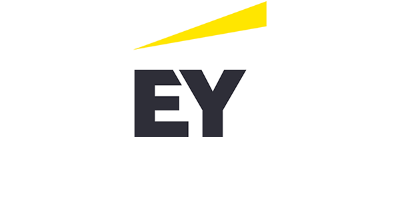


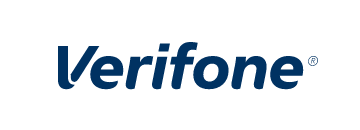
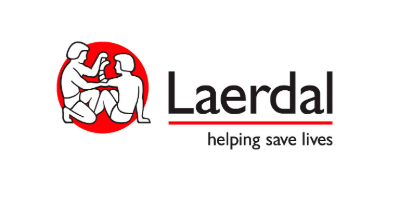

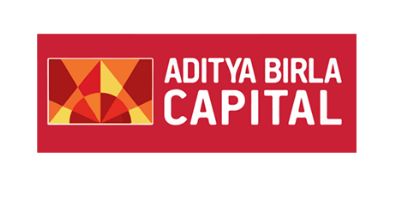


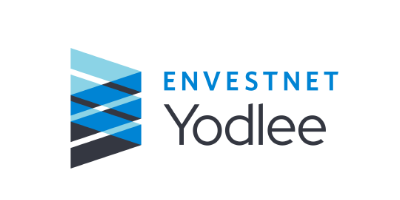




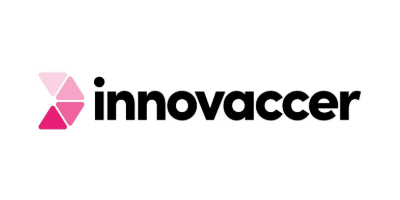

Senior Consultant & Trainer
B.Tech. IIT Varanasi Product-orientated Technology leader with around 24 years of experience in all aspects of product engineering for startups and enterprises. Experienced in designing and architecting highly scalable technology systems. Arun has worked with clients like RBS, Sapient, Fidelity International, G&G Webtech, Ericsson, Oracle, Orange, ZF and more.

Senior Consultant & Trainer
B. Tech. IIT Varanasi Senior engineering leader with over 20 years of experience in IT, specializing in digital transformation programs across all stages of the software lifecycle. Adept at designing scalable cloud platforms, establishing best practices, and mentoring engineering leaders. Rahul has worked with client like Samsung R&D Institute, Wooqer, Sapient, Oracle Financial Services and more
Calling developers! Learn how Generative AI can enhance coding, from writing and testing to debugging. Join our practical LLM workshop
This workshop equips developers with practical skills to use GenAI tools for improving the software development lifecycle. You’ll learn how to generate boilerplate code, refactor existing logic, translate code across languages, generate test cases, and improve documentation. The workshop also introduces GitHub Copilot and other LLM APIs, showing how to integrate them into daily workflows. It emphasizes real-world coding scenarios, enabling participants to boost productivity, enhance code quality, and reduce repetitive tasks through intelligent automation and prompt-based development.
Yes, the workshop is specifically designed for intermediate-level developers with hands-on programming experience. It assumes participants are comfortable with code structures, debugging, version control, IDEs. and modern software practices. The content builds on this foundation to introduce GenAI-enhanced techniques, tools, and workflows. Developers will find this workshop valuable for enhancing their productivity, learning to collaborate with AI tools like Copilot, and automating low-value tasks. It’s ideal for engineers exploring AI integration into development environments or building GenAI-enhanced applications.
Generative AI models like Codex and GPT-4 can understand natural language prompts and generate functional code snippets, complete functions, or suggest entire modules. Developers can describe what they want in plain English and receive syntactically correct and logically relevant code. This accelerates coding for repetitive tasks, prototype development, and integration patterns. GenAI also provides suggestions for library usage, syntax correction, and API scaffolding, acting as a real-time assistant that complements a developer’s workflow without replacing critical human judgment. This allows engineers to focus more on design and logic while leveraging AI to automate syntactic and structural coding tasks. Some of the task like unit test cases and documentation that have been known to result in tech debt can be offloaded suitably to GenAI.
Yes, the workshop includes modules that show how GenAI can suggest cleaner, more efficient, or more modular versions of your existing code. You’ll learn to prompt LLMs for performance improvements, code simplification, or adherence to design patterns. GenAI tools help identify redundant logic, improve variable naming, and reformat code to align with best practices. This not only saves time but also reinforces good coding habits. Exercises include before-and-after comparisons, making the benefits of refactoring through AI clearly visible.
Absolutely. Participants explore how GenAI can assist in debugging by interpreting error messages, identifying likely causes, and suggesting potential fixes. Through prompts and integrated plugins, the course demonstrates how LLMs can analyze stack traces, detect syntax issues, and offer context-specific resolutions. Developers will also learn how to use conversational debugging with AI tools—asking “what went wrong” and receiving interpretable responses. The goal is to show how GenAI as coding assistant complements traditional debugging practices with faster insights and solutions.
Yes. One of the exciting capabilities covered in the workshop is GenAI-powered code translation. You’ll learn how to use LLMs to convert code from one language to another—such as Python to JavaScript or Java to C#—while preserving logic and functionality. The process includes understanding language-specific nuances and ensuring accuracy through human validation. This is particularly useful for teams migrating codebases, supporting multilingual environments, or learning new programming paradigms with the help of intelligent translation tools.
Yes. The workshop provides hands-on exercises in generating unit tests, mock scenarios, and integration test cases using GenAI tools. You’ll see how LLMs can analyze a function’s logic and output relevant test cases, including edge conditions and assertions. This reduces the time developers spend writing tests manually and improves coverage. You’ll also learn best practices for reviewing and validating AI-generated tests to ensure they align with project requirements and are suitable for CI/CD pipelines. Test coverage backlog is one of the most prominent tech debts, and GenAI can be leveraged to clear it off.
The course introduces tools such as GitHub Copilot, OpenAI’s Codex and GPT APIs, and select IDE extensions that embed GenAI into the development workflow. Participants will experiment with prompt-driven code generation, in-line assistance, and auto-suggestions. These tools are explored through real-world coding environments (e.g., VS Code) and API playgrounds. Developers also get exposure to advanced concepts like using GenAI with Postman, Swagger documentation, or CLI tools, making the course applicable to diverse development roles and setups. Alternative tools and IDEs can be used for the course to sync with the organization’s tech stack.
This workshop helps engineering teams unlock the power of GenAI to improve productivity, reduce routine work, and accelerate innovation. Engineers gain hands-on experience with the latest AI-enhanced development tools and learn how to integrate them responsibly. It builds awareness of what AI can and cannot do, creating realistic expectations while enhancing capability. Whether your team is exploring AI for experimentation or building GenAI-powered apps, this workshop gives them the practical foundation and confidence to get started.
Participants will walk away with practical skills in prompt engineering for coding tasks, using Copilot-like tools, debugging with GenAI, generating tests, and building small-scale GenAI-based utilities. They’ll also be equipped to evaluate GenAI output critically and incorporate it into secure, maintainable codebases. Teams can expect to faster onboarding, quicker prototype development, and higher-quality documentation. The workshop’s focus on hands-on tasks ensures knowledge is immediately transferable to day-to-day work.
GenAI accelerates routine development tasks such as scaffolding functions, generating documentation, translating between languages, and writing test cases. The workshop trains developers to use these tools strategically, enabling them to spend more time on problem-solving and less on boilerplate code. It also enhances collaboration—developers can generate draft code collaboratively, using AI as a thinking partner. Over time, this results in higher throughput, better code quality, and a smoother development lifecycle across teams.
Yes. The workshop includes labs and guided demos where developers solve real-world problems using GenAI tools rather than the typical ‘Hello world!!!’ demos in training programs. Scenarios include generating CRUD APIs, writing test cases for existing code, debugging common bugs, and translating code across languages. These exercises simulate day-to-day development tasks, making the learning process practical and immediately applicable. Participants use VS Code or browser-based IDEs to interact with GenAI models and apply prompting techniques that mirror actual engineering workflows.
Absolutely. The workshop can be customized to align with your preferred languages (like Python, Java, or JavaScript), frameworks (such as React or Spring Boot), and development tools. Custom examples and exercises can be built around your repositories or typical workloads. This makes the learning more contextual, relevant, and valuable for engineering teams seeking to deploy GenAI in real projects. Organizations can also request industry-specific use cases, such as financial services, insurance, or healthcare applications.
Yes. An important part of the course addresses the risks of relying blindly on AI-generated code. This includes discussion around hallucinations, bugs, bias, legal risks, licensing concerns, and over-dependence. Developers are taught to validate GenAI output, apply guardrails, and ensure secure and ethical use. The workshop reinforces the principle of human oversight—AI assists but doesn’t replace developer judgment. Its important to know what GenAI can not do (capability) and what GenAI should not be employed to do (ethics / legality). Participants learn to use GenAI responsibly in a way that complements robust software engineering practices.
Yes. One of the workshop’s core outcomes is teaching developers how to critically assess GenAI output. You’ll learn to apply validation strategies, write unit tests, conduct code reviews, and identify insecure patterns generated by AI. Security best practices and common pitfalls are discussed in the context of using LLMs. By the end of the workshop, participants will be equipped with the mindset and tools to integrate GenAI into secure development workflows without compromising on quality or safety.
Gurgaon Office
91springboard NH8, 90B, Delhi – Jaipur Expy, Udyog Vihar, Sector 18, Gurugram, Haryana 122008.
Bangalore Office
WeWork Embassy TechVillage, Block L, Devarabisanahalli Outer Ring Rd, Bellandur, Bangalore, Karnataka 560103.
consult@benzne.com
+918527663706
